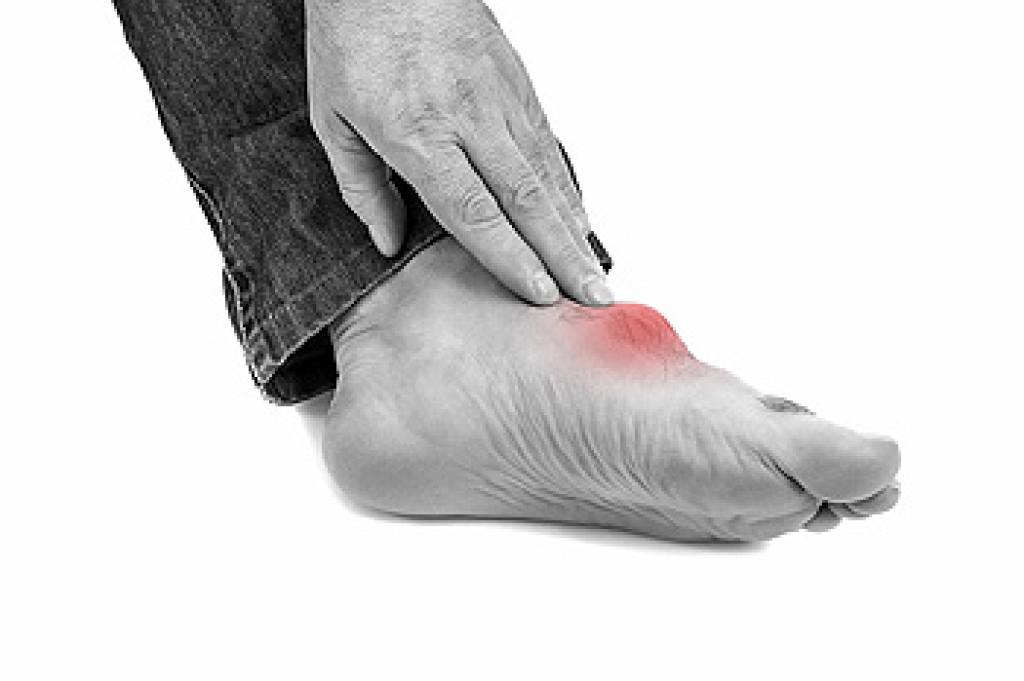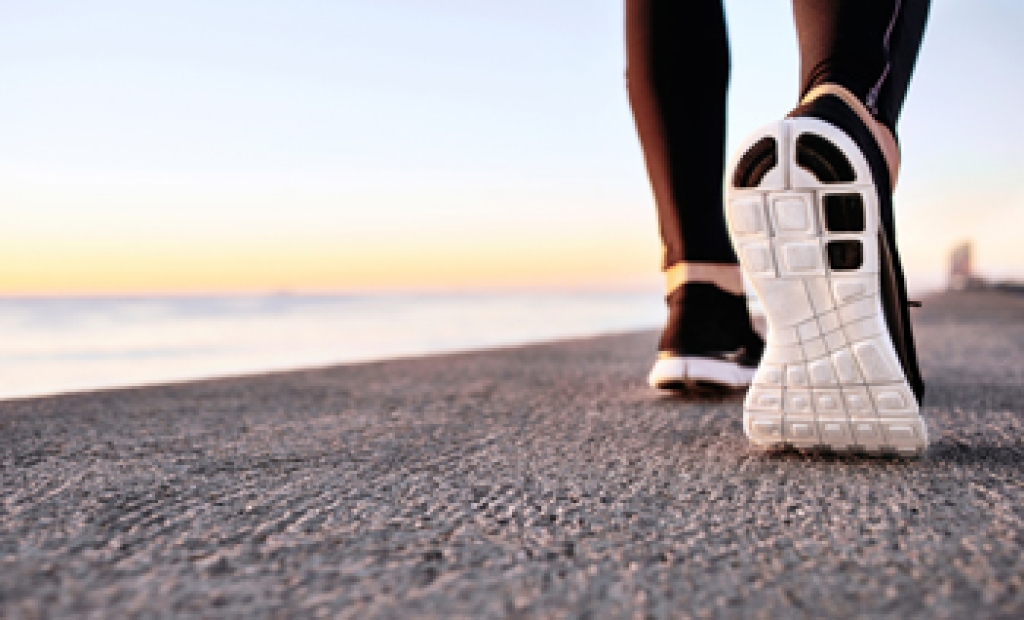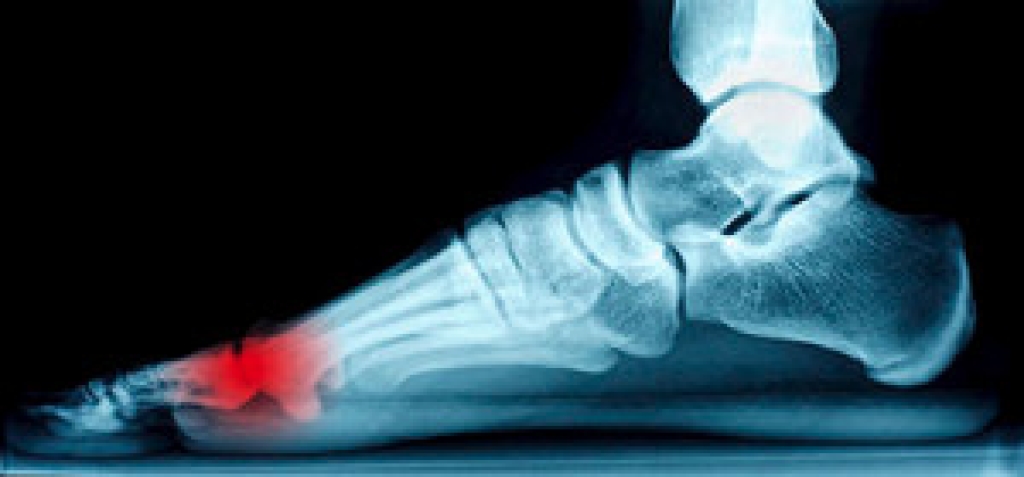 Gout is a condition caused by excess uric acid building up in the body. Gout tends to occur in the big toe and typically causes symptoms such as joint pain, swelling, redness, and warmth. However, gout can also bring about unusual symptoms. Sometimes gout may cause a fever and other flu-like symptoms, such as fatigue. This is more likely to occur when two or more joints are affected at once, and may also be a sign of rheumatoid arthritis, which can co-occur with gout. Another less frequent symptom can be bumps under the skin near a joint. These bumps have a medical term known as tophi and usually do not cause pain. If left untreated, they may lead to complications such as decreased range of motion in the affected joint. If you suspect that you are afflicted with gout, it is recommended that you see a podiatrist for proper evaluation and treatment.
Gout is a condition caused by excess uric acid building up in the body. Gout tends to occur in the big toe and typically causes symptoms such as joint pain, swelling, redness, and warmth. However, gout can also bring about unusual symptoms. Sometimes gout may cause a fever and other flu-like symptoms, such as fatigue. This is more likely to occur when two or more joints are affected at once, and may also be a sign of rheumatoid arthritis, which can co-occur with gout. Another less frequent symptom can be bumps under the skin near a joint. These bumps have a medical term known as tophi and usually do not cause pain. If left untreated, they may lead to complications such as decreased range of motion in the affected joint. If you suspect that you are afflicted with gout, it is recommended that you see a podiatrist for proper evaluation and treatment.
Gout is a foot condition that requires certain treatment and care. If you are seeking treatment, contact one of our podiatrists from APEX Foot & Ankle Center. Our doctors will treat your foot and ankle needs.
What Is Gout?
Gout is a type of arthritis caused by a buildup of uric acid in the bloodstream. It often develops in the foot, especially the big toe area, although it can manifest in other parts of the body as well. Gout can make walking and standing very painful and is especially common in diabetics and the obese.
People typically get gout because of a poor diet. Genetic predisposition is also a factor. The children of parents who have had gout frequently have a chance of developing it themselves.
Gout can easily be identified by redness and inflammation of the big toe and the surrounding areas of the foot. Other symptoms include extreme fatigue, joint pain, and running high fevers. Sometimes corticosteroid drugs can be prescribed to treat gout, but the best way to combat this disease is to get more exercise and eat a better diet.
If you have any questions, please feel free to contact our offices located in Fort Myers, Shellpoint, and Naples, FL . We offer the newest diagnostic and treatment technologies for all your foot care needs.

 Regular exercise
Regular exercise

